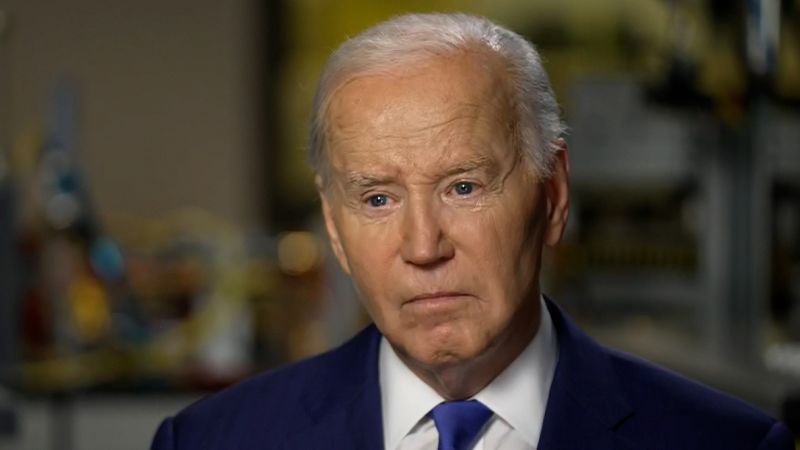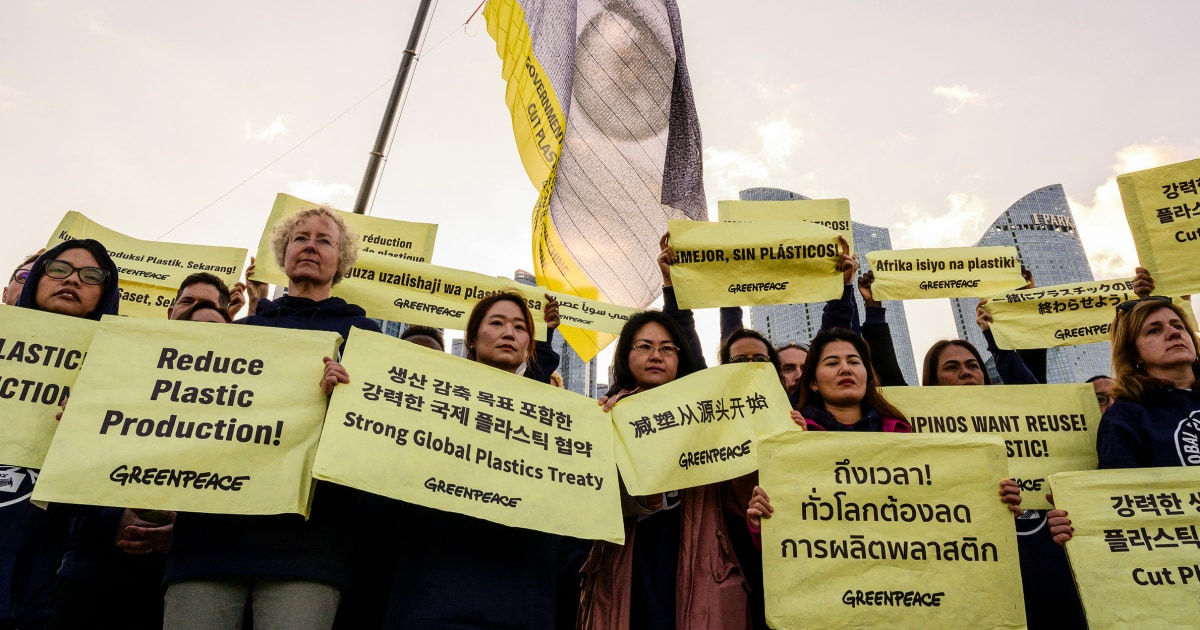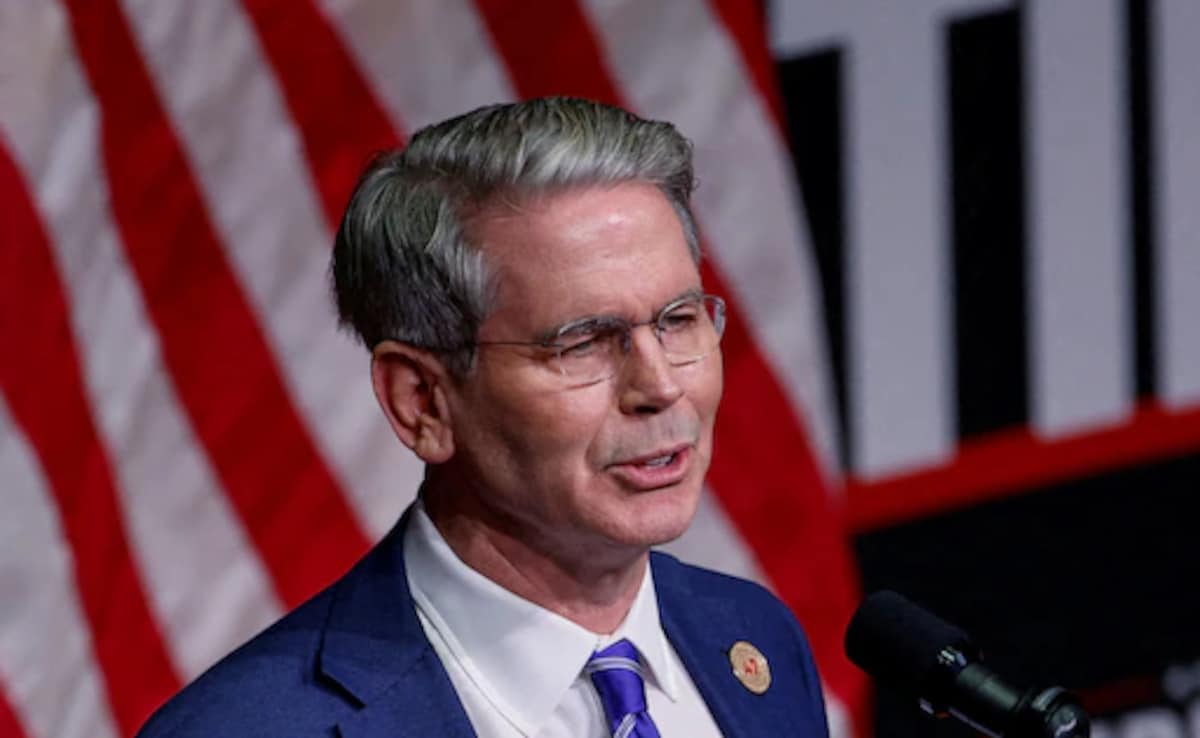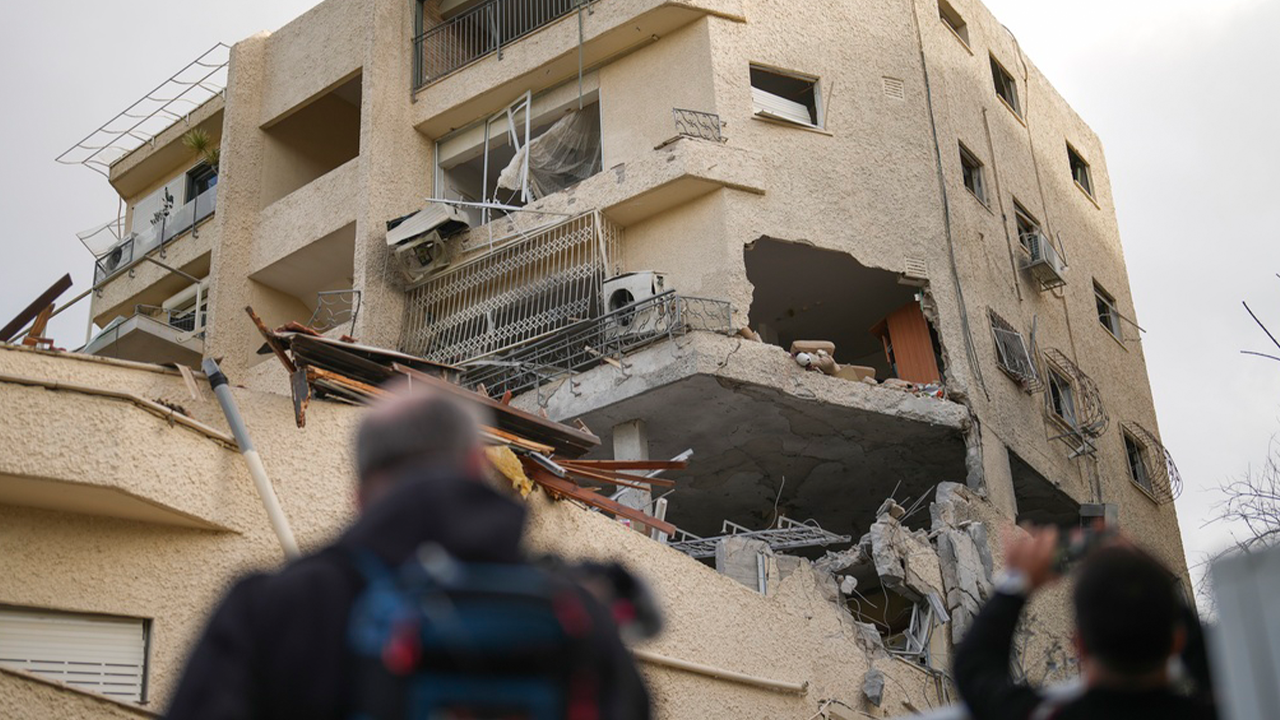Racine, Wisconsin
CNN
—
President Joe Biden said for the first time Wednesday he would halt some shipments of American weapons to Israel – which he acknowledged have been used to kill civilians in Gaza – if Prime Minister Benjamin Netanyahu orders a major invasion of the city of Rafah.
“Civilians have been killed in Gaza as a consequence of those bombs and other ways in which they go after population centers,” Biden told CNN’s Erin Burnett in an exclusive interview on “Erin Burnett OutFront,” referring to 2,000-pound bombs that Biden paused shipments of last week.
“I made it clear that if they go into Rafah – they haven’t gone in Rafah yet – if they go into Rafah, I’m not supplying the weapons that have been used historically to deal with Rafah, to deal with the cities – that deal with that problem,” Biden said.
The president’s announcement that he was prepared to condition American weaponry on Israel’s actions amounts to a turning point in the seven-month conflict between Israel and Hamas. And his acknowledgement that American bombs had been used to kill civilians in Gaza was a stark recognition of the United States’ role in the war.
The president has come under extraordinary pressure, including from members of his own party, to limit shipments of arms amid a humanitarian crisis in Gaza.
Until now, the president had resisted those calls and strongly supported Israel’s efforts to go after Hamas. Yet a looming invasion of Rafah, the city in southern Gaza where more than a million Palestinian civilians have been sheltering, appears to have shifted the president’s calculus.
“We’re not walking away from Israel’s security. We’re walking away from Israel’s ability to wage war in those areas,” Biden said.
Biden said while the US would continue to provide defensive weapons to Israel, including for its Iron Dome air defense system, other shipments would end should a major ground invasion of Rafah begin.
“We’re going to continue to make sure Israel is secure in terms of Iron Dome and their ability to respond to attacks that came out of the Middle East recently,” he said. “But it’s, it’s just wrong. We’re not going to – we’re not going to supply the weapons and artillery shells.”
Already, the US has paused a shipment of “high-payload munitions” due to Israel’s possible operations in Rafah without a plan for the civilians there, according to the Pentagon, though it said a final decision on that shipment hadn’t been made. The administration has said it is reviewing the potential sale or transfer of other munitions.
Israeli officials privately expressed to US officials “deep frustration” on the pause in shipments as well as the US media briefings on the decision, according to a source briefed on the matter.
Biden’s public linking of American weapons shipments to Israel’s conduct could widen a rift between himself and Netanyahu, with whom he spoke by phone on Monday. That conversation came as Israel ordered the evacuation of tens of thousands of civilians from Rafah and launched strikes near border areas of the city.
Biden said Israel’s actions in Rafah had not yet crossed a red line of entering heavily populated zones, even if their actions had caused tensions in the region.
“They haven’t gone into the population centers. What they did is right on the border. And it’s causing problems with, right now, in terms of – with Egypt, which I’ve worked very hard to make sure we have a relationship and help,” he said.
He said he had conveyed to Netanyahu and other Israeli leaders that American support for operations in population centers was limited.
“I’ve made it clear to Bibi and the war cabinet: They’re not going to get our support, if in fact they go on these population centers,” he said.
Later, Biden described warning Netanyahu about the risks of becoming bogged down in Gaza, drawing parallels to the American experience in Afghanistan and Iraq.
“I said to Bibi, ‘Don’t make the same mistake we made in America. We wanted to get bin Laden. We’ll help you get Sinwar,’” he said, referring to the Hamas leader in Gaza. “It made sense to get bin Laden; it made no sense to try and unify Afghanistan. It made no sense in my view to engage in thinking that in Iraq they had a nuclear weapon.”
The conflict in the Middle East has consumed much of Biden’s time over the past months, even as he works to promote his domestic record to American voters. His strong support for Israel has generated protests and anger, including on college campuses and at his events, where signs have labeled him “Genocide Joe.”
Asked about the demonstrations, Biden said Wednesday: “Absolutely, I hear the message.”
But he warned against protests that veer into hate speech or antisemitism.
“There is a legitimate right to free speech and protest. There’s a legitimate right to do that, and they have a right to do that,” he said. “But there’s not a legitimate right to use hate speech. There’s not a legitimate right to threaten Jewish students. There is not a legitimate right to block people’s access to class. That’s against the law.”
Biden was speaking Wednesday in Racine, Wisconsin, where he’d just promoted new economic investments that could result in thousands of new jobs.
In the CNN interview, he sought to reframe perceptions of the American economy, touting strong job growth and efforts to combat corporate greed while questioning surveys showing voters still pessimistic about the country’s direction.
“We’ve already turned it around,” Biden said, responding to a question on whether, less than six months before Election Day, he was running short on time to improve his standing among Americans on his handling of the economy.
Biden pointed to surveys showing many Americans view their own economic situation favorably, even as they look negatively on the nationwide economy.
“The polling data has been wrong all along,” he said, questioning the effectiveness of phone surveys.
And he said his own record on job creation following the Covid-19 pandemic was as clear an indication as any that conditions had markedly improved for American workers.
“The idea that we’re in a situation where things are so bad that folks – I mean, we’ve created more jobs. We’re in a situation where people have access to good paying jobs,” he said.

Still, he acknowledged there were good reasons for Americans to worry, including the cost of goods and housing.
“The last I saw, the combination of the inflation, the cost of inflation, all those things, that’s really worrisome to people, with good reason,” he said.
“That’s why I’m working very hard to bring the cost of rentals down, to increase the number of homes that are available,” he went on. “Let me say it this way – when I started this administration, people were saying there’s going to be a collapse to the economy. We have the strongest economy in the world. Let me say it again – in the world.”
Biden has spent much of the last year working to promote his economic accomplishments, including new investments made possible by infrastructure and manufacturing legislation.
That includes in Wisconsin, where he spoke Wednesday at a site where his predecessor Donald Trump once promoted an investment by the Taiwan-based electronics giant Foxconn that later failed.
“He’s never succeeded in creating jobs, and I’ve never failed,” Biden said in the interview, adding later: “When has he even done anything he said? I’m not being facetious. Think about it.”
Biden voiced little concern about his reelection prospects in the interview. But he warned Trump was unlikely to accept the results of the election if he loses.
“I promise you he won’t,” Biden said, “which is dangerous.”
Asked what advice his former boss, President Barack Obama, had provided in their conversations about the race, Biden said it was simply to “keep doing what I’m doing.”
“I think I’m feeling good about the trajectory of the campaign,” he said. “And you know as well I do, most people don’t really focus and make up their minds until the fall. There’s a lot going on, and we’ll see what happens.”
But surveys have shown voters giving Biden little credit for his economic record.
In CNN’s most recent poll, Biden’s approval ratings for the economy (34%) and inflation (29%) remain starkly negative, as voters say economic concerns are more important to them when choosing a candidate than they were in each of the past two presidential contests.
Biden said on Wednesday that “no president has had the run we’ve had in terms of creating jobs and bringing down inflation.”
“It was 9% when I came to office. 9%. But look, people have a right to be concerned. Ordinary people.”
Inflation actually peaked at 9.1% in June 2022. In January 2021, when Biden was sworn in, it was 1.4%.
He touted his efforts to combat fees — including on bank accounts and credit cards — that the White House has said will lower Americans’ bills.
“The idea that you bounce a check and you get a $30 fee for bouncing the check? I changed that – can’t charge more than eight bucks for that. Or your credit card. Your late payment. $35. I mean, there’s corporate greed going on out there and its got to be dealt with,” he said.
This story has been updated with additional reporting.











